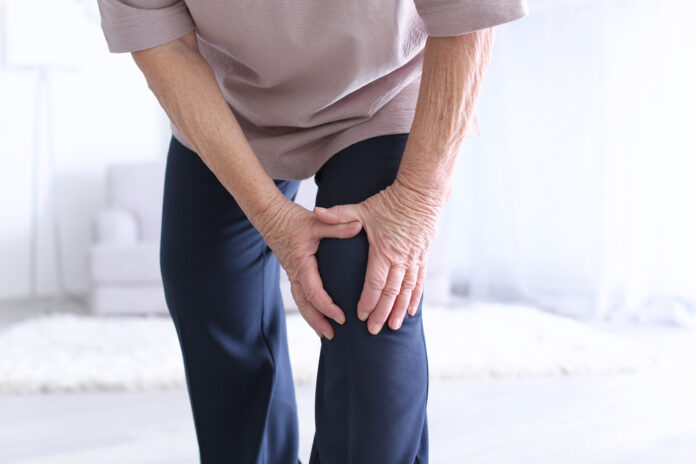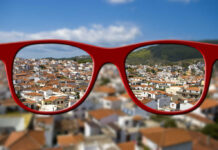
Some people discover that altering their diet reduces the symptoms of arthritis. Avoiding foods that cause inflammation, such as sugar and saturated fat, may be necessary. Additionally, purine-rich foods may need to be avoided. This can apply to alcoholic beverages, bacon, and fish like trout.
Unhealthy Fats
Different kinds of fat make the body more inflammatory. The Arthritis Foundation advises someone with arthritis to avoid:
Oils, including corn, safflower, sunflower, and vegetable oil, contain omega-6 fatty acids. When consumed in moderation, omega-6 fatty acids are not dangerous. Unfortunately, many Americans take large amounts of them.
Meat, butter, and cheese are all sources of saturated fat. A person’s daily total of calories should have less than 10% saturated fat.
Trans fats: This fat is detrimental to your health since it elevates inflammation levels, lowers “good” cholesterol, and raises “bad” cholesterol. Over the past few years, manufacturers have eliminated trans fats from most prepared meals, but you should still check the nutrition facts panel to be certain.
Sugar
According to a nutrition study, persons who regularly consume sugar-sweetened soda have a higher risk of developing rheumatoid arthritis. According to Harvard Health, consuming too much sugar raises your risk of developing heart disease. Inflammation, obesity, and other chronic disorders are also possible outcomes.
Always read the nutrition facts on breakfast cereals, sauces, and soft drinks, as these items may have surprisingly high added sugar content.
Nightshades
Solanine is present in a group of vegetables known as nightshades. Even though research has not proven that nightshades cause arthritis pain, the Physicians Committee for Responsible Medicine claims that cutting out nightshades from their diet can help some patients’ symptoms.
Vegetable Nightshade Species
- Tomatoes
- Bell peppers
- Eggplant
- Potatoes
The Arthritis Foundation advises people with arthritis to stop eating nightshades for a few weeks before gradually reintroducing them. By keeping a food journal, you can monitor any responses they have to a particular dish.
High-Purine Foods
A doctor might suggest a low-purine diet in addition to the medicine for gout sufferers.
The body turns purines into uric acid. A gout episode can develop from an accumulation of uric acid in the bloodstream. The following foods are high in purines, per the Centers for Disease Control and Prevention:
Red meat
Organ meat, like liver
Alcohol
Lunch meats, bacon, or other cured meats
Some types of seafood, like mussels and scallops
A 2018 research found that various purine-rich foods, like beans, cauliflower, and mushrooms, have no associations with the risk of gout.
Summary
Foods like sugar and saturated fat that cause inflammation may make arthritis symptoms worse. Additionally, some individuals may discover that purine-rich foods and nightshades cause flare-ups of arthritis.
A person can try removing questionable foods for a few weeks, then reintroduce them one at a time to find triggers.
Anti-inflammatory foods may aid in the management of arthritis symptoms. These consist of plant-based foods like fruits, vegetables, whole grains, and lipids that fight inflammation.
A licensed dietician may be able to help someone with arthritis which is struggling to discover the appropriate dietary regimen.
https://www.ncbi.nlm.nih.gov/pmc/articles/PMC7284442/
https://www.arthritis.org/health-wellness/healthy-living/nutrition/foods-to-limit/fats-and-oils
https://www.pcrm.org/health-topics/arthritis
https://apjcn.nhri.org.tw/server/APJCN/27/6/1344.pdf



















